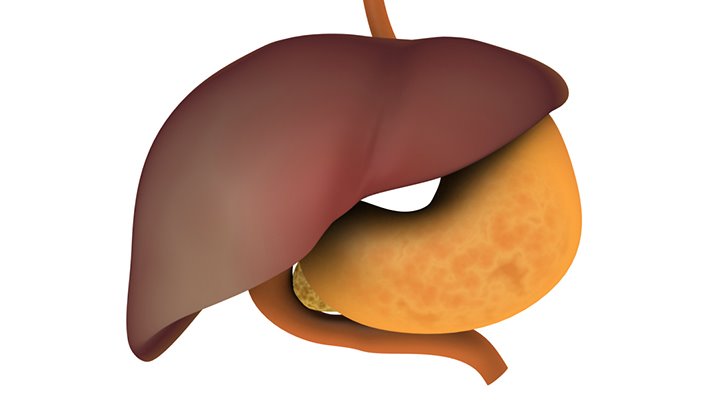What You Need to Know About Hepatitis
According to the World Health Organization, hepatitis viruses are the leading cause of the disease in the world, but others were acquired as autoimmune disease, or through infections and toxic substances. Given how complex hepatitis is, it’s important to know the five types of the virus to prevent its spread.
All the five types of hepatitis infection are characterized by the inflammation of the liver, but the causes and the progression of the disease are different. Common symptoms may include the following: fever, loss of appetite, fatigue, nausea and vomiting, joint pain, jaundice, gray-colored feces, and abdominal pain.

Let’s look at each hepatitis virus.
Hepatitis A
Hepatitis A virus is transmitted either through the feces of infected people that contaminate sources of food or water, or through intimate contact with an infected person. There are vaccines for HAV, but most of the cases of this type of hepatitis are found in parts of the world with poor sanitation. The incubation period of the virus lasts for 15 to 50 days, but recovery is fast with no damage to the liver if the person gets immediate treatment.
Hepatitis B
Hepatitis B virus is transmitted through contact with infected body fluids such as blood, semen, and mother’s milk. Vaccines against HBV are also available, but care must be taken during blood transfusions, the use of injections, and unprotected sexual practices. The incubation period lasts for 45 to 160 days, but the recovery is fast if it’s not an acute form of the illness. HBV chronic infections, however, can lead to liver cancer or liver failure.

Hepatitis C
Hepatitis C virus is also transmitted through infected blood and blood products, that is why precautions against infection must be taken during blood transfusions, the use of injections, and sexual practices. Unlike HAV and HBV, there is no vaccine against HCV to date. Incubation period lasts from 14 to 180 days, but acute infection will leave no lasting liver damage. Only those with chronic HCV infections are likely to develop liver diseases.
Hepatitis D
Contracting hepatitis D virus is only possible if the person is already infected with HBV, which means that HDV is a dual infection. In some cases, however, the virus can also be transmitted through contact with infected blood. The symptoms of this infection are more serious, but vaccines against HBV will also protect you from HDV. Treatment can be tricky because HDV is dependent on HBV, so the patient is treated for symptoms of the latter and the liver function is closely monitored.

Hepatitis E
Hepatitis E virus is the most common cause of outbreaks in some parts of the world. HEV is transmitted through contaminated food and water, but there are vaccines against it. The good news is, HEV goes away even without treatment as long as the person gets enough rest and clean food and water.
